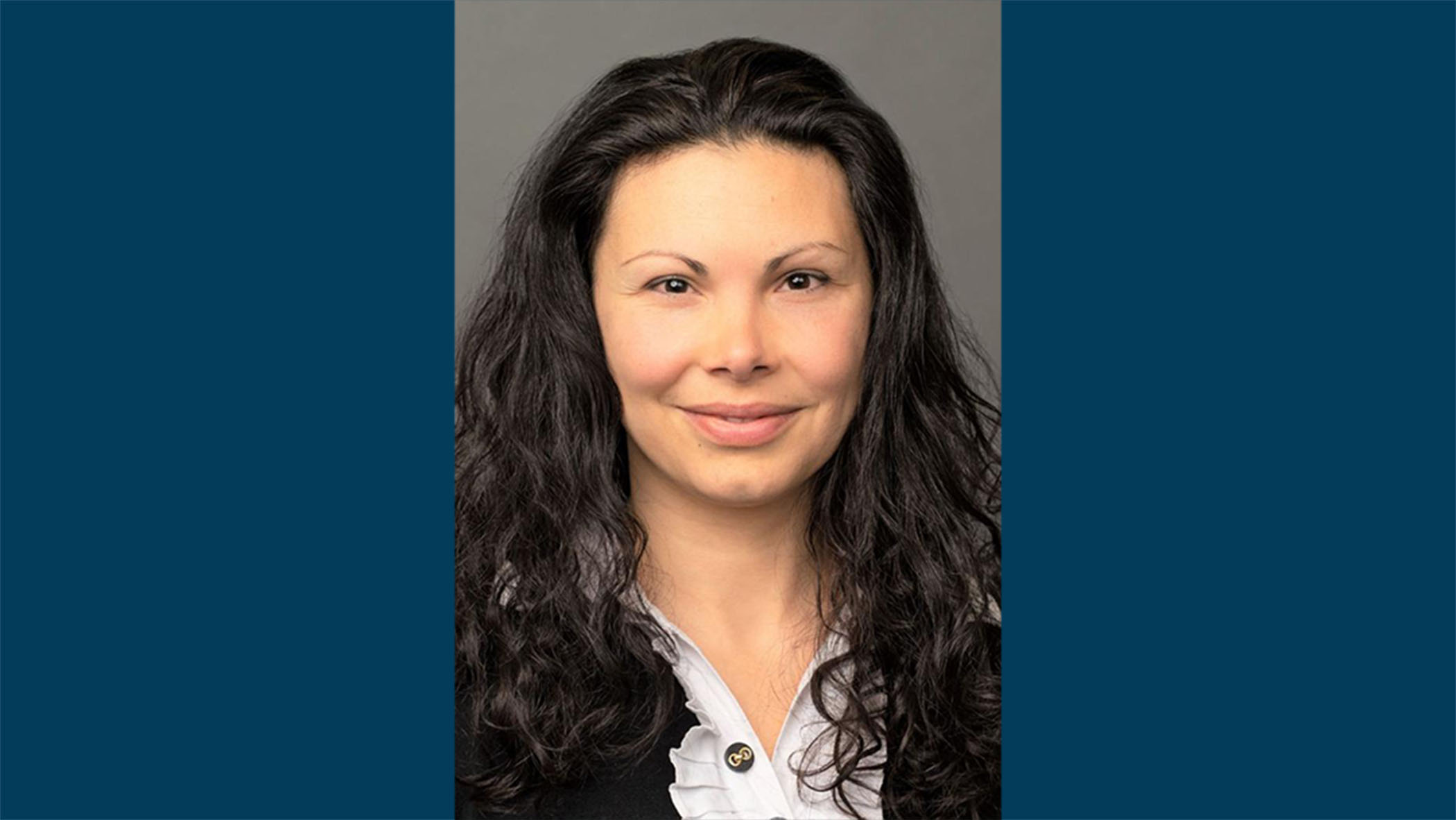GW Law Professor Katya Cronin talks about how the Fundamentals of Lawyering program teaches students wellbeing skills that help them become better lawyers. Watch the video and read the interview below to learn more.
Why is it important to teach students wellbeing skills?
There are two parts to that question. First, why is wellbeing important? And second, why do we want to develop it in law school? For the first part, you really only need to pick up any book or article in the newspaper about the legal profession to see a really dismal picture about lawyer happiness and lack of wellbeing. I will say I practiced for about 15 years before coming to academia and I didn't see quite that catastrophic a picture in there. No matter what numbers you believe, it really is the truth that lawyers are not well as a profession. They're not healthy physically or emotionally or relationally or really even professionally. They're not satisfied with what they're doing and that's not what we want, right? We don't want that for our students. We don't want that for our lawyers. And we don't want that for the profession at large.
And then the second part is, why at law school? I think that's the easiest time to do that. It is a safe environment for students to really develop those skills, to learn how to set boundaries for themselves, to learn how to prioritize themselves and their wellbeing, and to do so in a a way that still supports and, in fact, enhances their professional development. It's much harder to do that once you graduate and reality sets in and the lawyer expectations come into play.
How does the Fundamentals of Lawyering program approach teaching wellbeing skills?
In several ways, the FL program is really a pioneer in the field now a days. As of last year, the ABA is actually requiring law schoools to in general find a way to incorporate wellbeing into the curriculum but most law schools are just coming to the table and scrambling to figure out how to do it. We've been doing this for years.
One of the main ways that we do it is through messaging both explicitly telling our students how important it is to take care of themselves and their wellbeing, but also implicitly by the way we design the course. One silly example, but an important one, is that we only give Friday deadlines for example and not Sunday deadlines. Of course, it's anybody's choice to work on the weekend—I do it all the time—but it shoudl be a choice rather than the implicit requirement that weekends are not really you're own, they're just time to catch up. So we only have Friday assignments and Friday deadlines.
Another way that we do it is by providing our students with important skills. It's not enough to just say you have to pay attention to your wellbeing when you go out and practice, it's important to tell them how, to show them how to be excellent at what they do and still be able to deliver those results while taking care of their emotional and physical wellbeing.
What are three wellbeing skills students learn in the Fundamentals of Lawyering program?
We teach them to be self reflective, to know how what they're experiencing both in law school and as their developing as lawyers how it's impacting them so they can capitalize on the good of it and course correct when they realize that something is negatively impacting their wellbeing.
We also teach them to be self-directed. It's not just important to recognize that a change needs to happen, they need to know that they have the autonomy and the agency to do something about it. Often law students graduate feeling like they're tossed about on the waves of professional expectations and they have no choice in the matter. We teach them that they do by both providing them autonomy in the class and during law school but also telling them how to have those difficult conversations and how to direct their careers in ways that they will find meaningful and fulfilling. And then we also teach them to advocate not only for their clients, which I think a lot of lawyers do well, but also for themselves which very few lawyers do well.
Throughout the curriculum, we have exercises and practice woven in for how to interview, for how to have conversations with employers and clients, for how to take charge of their career so that it is a successful and fulfilling one but also one that supports their wellbeing.





